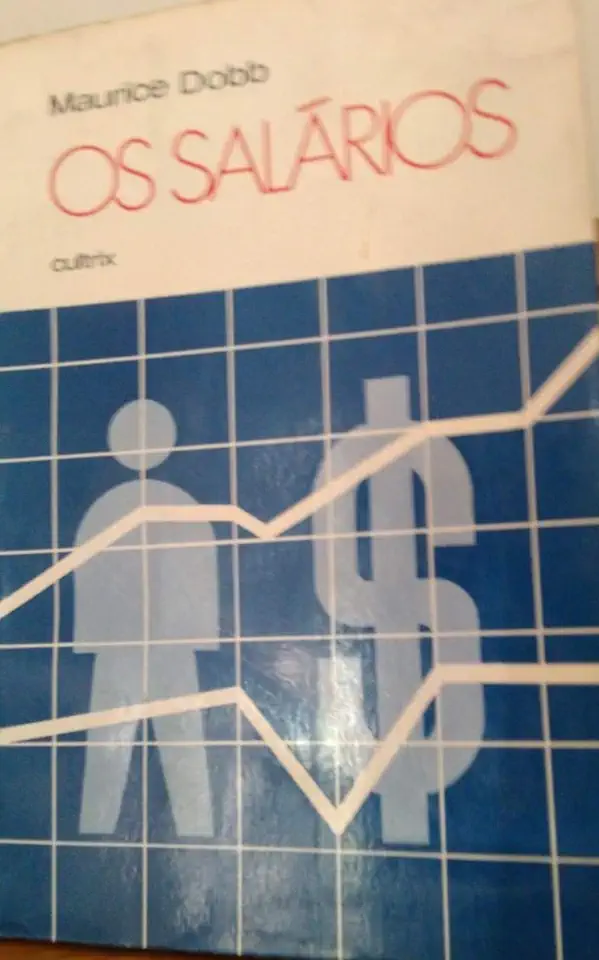
Wages - Maurice Dobb
Wages: A Comprehensive Analysis by Maurice Dobb
A Profound Exploration of Wage Determination and Labor Economics
In his seminal work, "Wages," Maurice Dobb delves into the intricate dynamics of wage determination, offering a comprehensive analysis that encompasses historical, theoretical, and empirical perspectives. Dobb's profound insights into labor economics provide a solid foundation for understanding the complex interplay of economic forces that shape wages and influence the distribution of income.
Historical Evolution of Wage Theories
Dobb begins by tracing the historical evolution of wage theories, meticulously examining the contributions of classical economists such as Adam Smith, David Ricardo, and Karl Marx. He critically assesses their theories, highlighting their strengths and limitations, and demonstrates how they have shaped our understanding of wage determination. This historical context provides a deeper appreciation of the theoretical foundations upon which modern wage theories are built.
Theoretical Underpinnings of Wage Determination
Dobb then delves into the theoretical underpinnings of wage determination, exploring various approaches that economists have employed to explain wage differentials and income distribution. He examines the neoclassical theory of marginal productivity, the bargaining power approach, and institutional theories, among others. By critically evaluating these theories, Dobb sheds light on the complex factors that influence wages, including labor market conditions, institutional arrangements, and power dynamics.
Empirical Evidence and Case Studies
To substantiate his theoretical analysis, Dobb presents a wealth of empirical evidence and case studies, drawing from a wide range of countries and industries. He examines wage differentials across occupations, industries, and regions, analyzing the impact of factors such as skill levels, education, gender, and discrimination. These empirical insights provide a concrete understanding of how wage determination theories play out in real-world scenarios.
Policy Implications and Future Directions
Dobb concludes by discussing the policy implications of his analysis, offering valuable insights for policymakers and stakeholders seeking to address wage inequality and promote fair labor practices. He emphasizes the need for evidence-based policies that take into account the complex interplay of economic, social, and institutional factors that shape wages. Dobb also identifies areas for future research, encouraging scholars to continue exploring the multifaceted nature of wage determination and its implications for economic justice and social welfare.
Why You Should Read "Wages"
"Wages" by Maurice Dobb is a must-read for anyone seeking a comprehensive understanding of wage determination and labor economics. Its historical depth, theoretical rigor, and empirical evidence provide a solid foundation for analyzing wage differentials, income distribution, and the impact of labor market policies. Dobb's thought-provoking insights challenge conventional wisdom and encourage readers to critically evaluate the factors that shape wages in our societies.
Whether you are an economist, a policymaker, a student, or simply someone interested in understanding the complexities of wage determination, "Wages" offers a wealth of knowledge and insights that will enrich your understanding of this critical aspect of economic life.